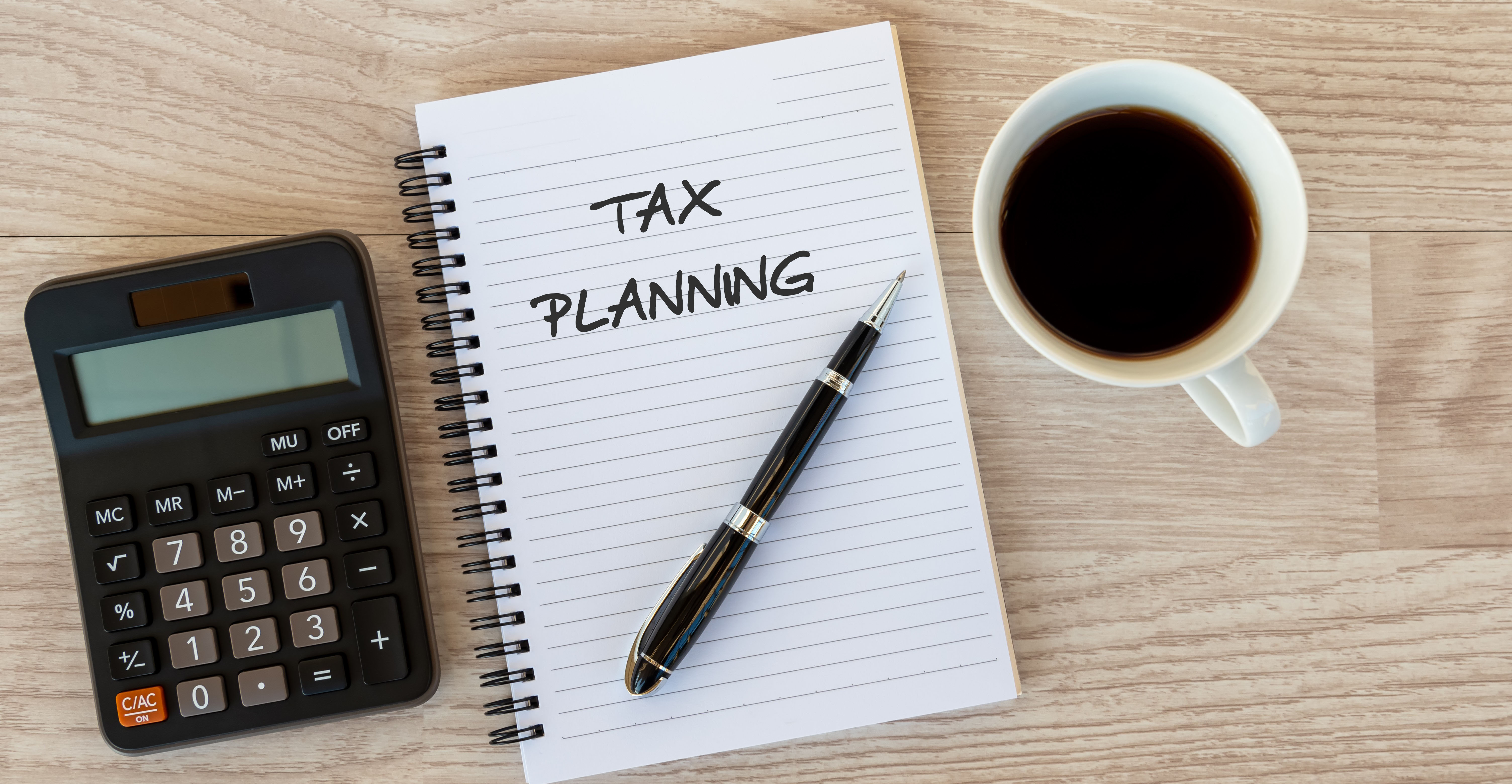
The 2020 tax season is in full swing and you have until April 30, 2021 to file your income tax return to avoid any penalties. To help you through what may seem like a daunting task, here are five tips to guide you through this tax season and in future years.
1. Keep up with income tax changes
Tax laws change all the time and it’s no surprise that 2020 saw more changes than most years. With the COVID-19 pandemic and various resulting government supports, there were a lot of changes that may affect your income tax return this time around.
For example, if you received COVID-19 emergency or recovery benefits from the Canada Revenue Agency (CRA) in 2020, you will receive a T4A slip which must be reported in your 2020 income tax return. This year, there’s also a tax deduction available if you worked from home due to COVID-19.
Therefore, it’s important for you to stay updated on the latest changes and to double check how they affect your filing. If you do not work with a CPA to file your income tax, the CRA website is a good resource for you to refer to.
2. Stay organized throughout the year
Taking a few easy steps to keep your tax documents organized throughout the year will help ease the stress and discomfort of tax season. Find a filing system – whether digital or paper – that works for you in keeping your medical receipts, donation slips, and other tax documents. Come tax time, it will be much easier for you or your CPA to access your documents, allowing more time to focus on creating a strategy to help minimize your tax liabilities. Remember to hold on to your records for six years and file your documents by tax year for easy retrieval.
3.Choose your software or tax service carefully
If you choose to prepare your own tax return, don’t simply opt for the cheapest software available. It’s more important to select a tax preparation package that suits your circumstances. There are many tax filing software options available and they range in price and services.
For more complicated tax issues, such as if you own rental property, started a side business, or sold some assets which resulted in capital gains or losses, you may want to consider purchasing a more robust software package. Alternatively, consider working with a CPA that is a tax professional. When hiring a CPA or a firm to prepare your tax return, make sure they have the relevant qualifications by confirming their qualifications with CPABC’s firm directory.
4. Keep track of carry-forward amounts
Keep track of carry-forward amounts like capital losses, tuition, and RRSP amounts. With your RRSP, refer to your Notice of Assessment to review your contribution limit for the next year. For example, after filing your taxes for 2020, your Notice of Assessment will state your contribution limit for 2021.
This will be helpful as you make plans to contribute to your RRSP during the year for both maximizing your contributions and avoiding penalties for over-contributing. You can also find these balances on the CRA website by logging into My Account with CRA.
5. Plan ahead to reduce your taxes
If you didn’t do this for the 2020 tax year, don’t worry. 2021 is a new year and you can start now. Begin by doing some research and laying out a tax plan that could potentially lower your tax liability, or the taxes you may owe, in advance. One way to get started is to consider your future income projection and marginal income tax rate.
There are three fundamental ways to reduce your taxes:
- Lower your gross and taxable income by deferring income to another year.
- Take all allowable deductions, such as by maximizing your RRSP contributions.
- Use all your available tax credits to lower your total taxes owing.
The key to proper planning is to understand the relationship between these three fundamental concepts and how they fit within your overarching tax-planning strategies.
Tax rules can be complex. This article is not intended as tax advice, and you should not make tax decisions based solely on the information presented. You should seek the advice of a chartered professional accountant before implementing a tax plan or taking a tax filing position.
Melanie Schroeder, CPA, CGA is the CEO and founder at Out of The Box Chartered Professional Accountant Inc. and is a CPABC financial literacy volunteer. To learn about CPABC’s financial literacy sessions, visit bccpa.ca/finlit. For CPABC’s RRSP and Tax Tips, visit rrspandtaxtips.com.



